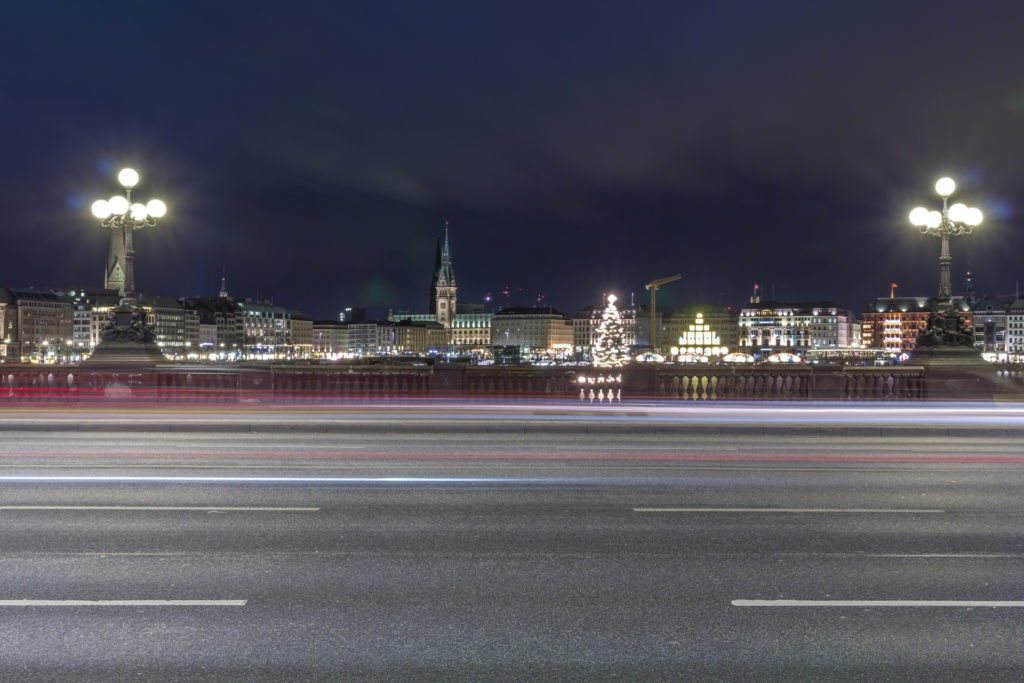Hamburg proposes a diesel ban on certain roads despite lowering NOx levels
03 May 2017

03 May 2017
The German city of Hamburg has rejected the introduction of a sweeping ban on diesel vehicles but a new air pollution plan presented on Tuesday proposes that access for older diesel vehicles is blocked on two main roads. This news follows the announcement that Hamburg is the first recipient of funding through Germany’s ′charging infrastructure’ programme.
The Hamburger Abendblatt newspaper reported on Tuesday that trucks that do not comply with the Euro 6 emissions standard are no longer permitted to drive along a section of Stresemannstraße, which is almost two kilometres long. The Hamburg Senate is also looking to exclude trucks and passenger cars with older diesel engines from a 600 metre section of Max-Brauer-Allee.
Intriguingly, this proposal comes at a time when high nitrogen dioxide (NOx) levels are becoming less of an issue. The renewal of the diesel fleet, investment in clean buses and a decrease in traffic in the inner city area because of new tram and rail lines have all certainly contributed to the reduction. Furthermore, the city has promoted the use of electric vehicles and the funding announced this week for additional charging points through the country’s charging infrastructure programme will add a further boost.
Whether the Hamburg proposal comes into force depends largely on a decision by the Federal Administrative Court as to whether individual states and municipalities have the right to impose restrictions for certain engines on individual roads. The proposed diesel driving ban in Stuttgart remains under debate for example. The president of the Baden-WÜrttemberg state association, Harry Brambach, described the plans last week as ′life-threatening for motor vehicles operating in possible driving-ban areas.’